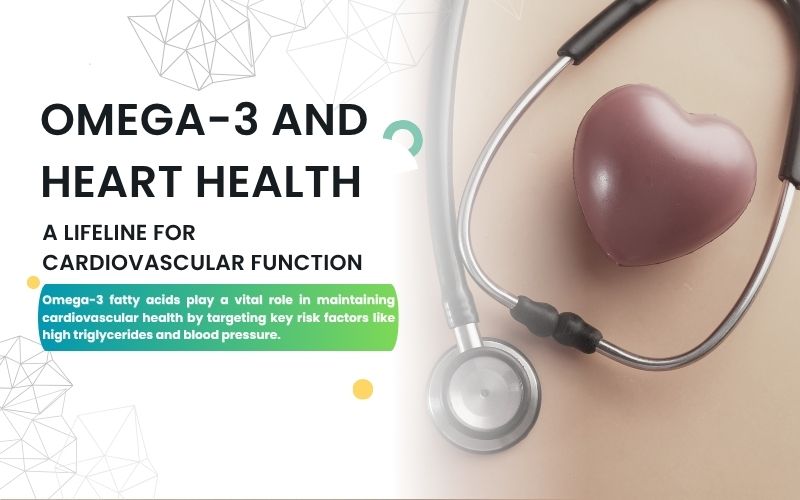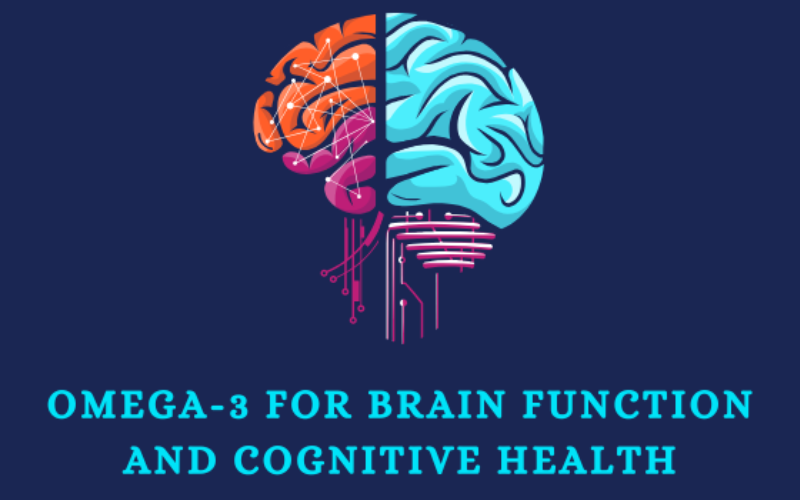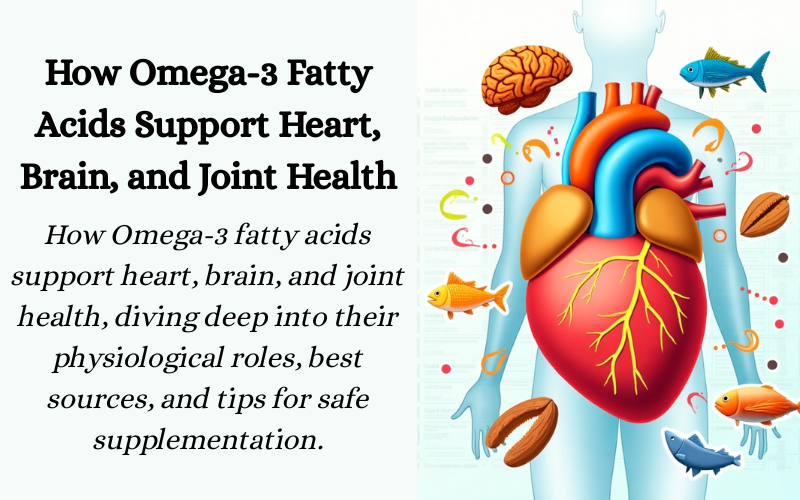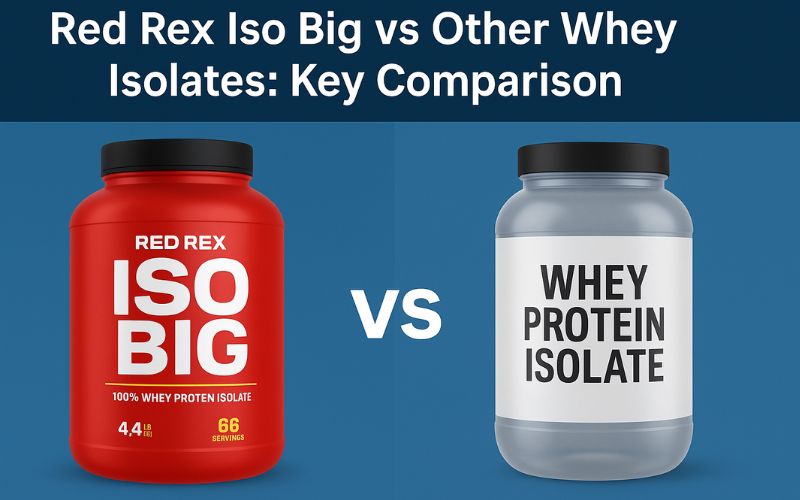How Omega-3 Fatty Acids Support Heart, Brain, and Joint Health
In today’s fast-paced world, maintaining heart health, cognitive sharpness, and joint mobility can be challenging. One powerful nutritional ally that consistently proves its worth in all three areas is Omega-3 fatty acids. Backed by decades of scientific research and endorsed by nutrition experts worldwide, Omega-3s have become a staple in preventive wellness.
This article explores how Omega-3 fatty acids support heart, brain, and joint health, diving deep into their physiological roles, best sources, and tips for safe supplementation.
What Are Omega-3 Fatty Acids and Why Do They Matter?
Omega-3 fatty acids are a type of essential polyunsaturated fat, meaning the body cannot produce them on its own—we must obtain them through food or supplements. There are three primary types:
- ALA (Alpha-linolenic acid) – Found in plant sources like flaxseed and chia
- EPA (Eicosapentaenoic acid) – Found in fatty fish and marine oils
- DHA (Docosahexaenoic acid) – Found in fatty fish and critical for brain health
These fats play a key role in reducing inflammation, regulating cell membranes, and supporting the function of the heart, brain, and joints.
Omega-3 and Heart Health: A Lifeline for Cardiovascular Function

Omega-3 fatty acids play a vital role in maintaining cardiovascular health by targeting key risk factors like high triglycerides and blood pressure.
How Omega-3 Lowers Triglycerides and Blood Pressure
One of the most well-documented benefits of Omega-3 for heart health is its ability to lower triglyceride levels, a known risk factor for heart disease. Studies have shown that daily EPA and DHA intake can reduce triglycerides by 15–30% in individuals with elevated levels.
Additionally, Omega-3s can slightly reduce blood pressure, particularly in people with hypertension, and improve blood vessel elasticity, promoting smoother blood flow.
Reduces Inflammation and Risk of Heart Disease
Chronic inflammation is a silent contributor to cardiovascular disease. Omega-3s help combat this by reducing pro-inflammatory markers like C-reactive protein (CRP) and interleukins. They also support healthy cholesterol balance and reduce arterial plaque buildup.
Backed by Science
A meta-analysis published in the Journal of the American Heart Association concluded that regular consumption of EPA and DHA significantly reduces the risk of heart attacks, strokes, and cardiac deaths.
Ideal Dosage for Cardiovascular Support
For general heart health, most experts recommend 250–500mg of combined EPA and DHA per day. Individuals with high triglycerides may benefit from higher doses under medical supervision.
Omega-3 for Brain Function and Cognitive Health

Omega-3s, particularly DHA, are crucial for optimal brain performance, influencing everything from memory and focus to long-term cognitive protection.
DHA: The Building Block of the Brain
The human brain is nearly 60% fat, and DHA is one of its primary structural components. DHA is essential for neural development, communication between brain cells, and protecting against neurodegeneration.
Cognitive Function, Focus & Mood Regulation
Omega-3s support mental clarity and focus by improving neurotransmitter activity. They also play a role in mood balance, with research linking Omega-3 intake to reduced symptoms of anxiety and depression.
Helps in ADHD, Depression & Alzheimer’s
- ADHD: Children with ADHD may benefit from Omega-3s, as studies have shown improved attention and behavior with DHA and EPA supplementation.
- Depression: A 2022 review in Translational Psychiatry found that Omega-3s, especially EPA, can improve mood and reduce depressive symptoms.
- Alzheimer’s: While not a cure, Omega-3s may help slow cognitive decline in early stages.
Omega-3’s Role in Joint Health and Inflammation

Omega-3 fatty acids offer natural relief for joint discomfort by targeting inflammation, a root cause of pain and stiffness in conditions like arthritis.
Reduces Joint Inflammation and Stiffness
Omega-3 fatty acids have powerful anti-inflammatory effects that can reduce stiffness and swelling in the joints. They work by blocking inflammatory pathways and reducing the production of inflammatory eicosanoids and cytokines.
Supports Arthritis Management
In patients with rheumatoid arthritis (RA), Omega-3 supplements have been shown to reduce morning stiffness, joint tenderness, and the need for NSAIDs. For osteoarthritis, they may help protect cartilage and reduce pain.
Backed by Research
Clinical trials published in Annals of the Rheumatic Diseases support the use of Omega-3s in reducing joint pain and improving grip strength and mobility in RA patients.
Best Natural and Supplement Sources of Omega-3
To reap the full benefits of Omega-3s, it’s essential to include both whole food sources and high-quality supplements in your daily nutrition plan.
Top Food Sources of Omega-3
- Fatty fish: Salmon, mackerel, sardines, herring, and tuna
- Plant-based sources: Flaxseed, chia seeds, walnuts, hemp seeds, and soybeans
- Seaweed and algae: Excellent vegan source of DHA
Types of Omega-3 Supplements
- Fish Oil: Rich in EPA and DHA; most popular and researched
- Krill Oil: Contains phospholipid-bound Omega-3s for better absorption
- Algal Oil: Vegan-friendly source of DHA (and sometimes EPA)
Choosing a High-Quality Omega-3 Supplement
Look for:
- Molecularly distilled or third-party tested for purity
- Clearly labeled EPA/DHA content per serving
- No synthetic additives, artificial flavors, or heavy metals
Dosage, Safety, and Who Should Take Omega-3
Understanding the right Omega-3 dosage is key to maximizing its health benefits while ensuring safe and effective long-term use for different age groups and needs.
Recommended Daily Intake
- General wellness: 250–500mg EPA + DHA
- Heart health or high triglycerides: 1,000–2,000mg under medical advice
- Pregnant/nursing women: Minimum 200mg DHA daily
Safety Considerations
Omega-3s are generally safe when taken as directed. However, high doses may thin the blood, so people on anticoagulants should consult a doctor. Mild side effects may include fishy burps or gastrointestinal discomfort.
Who Should Avoid Omega-3 or Take Caution
- Individuals with seafood allergies (use plant-based alternatives)
- Those undergoing surgery or taking blood thinners
- People with chronic conditions should always consult their physician first
Final Thoughts: Why Omega-3 Should Be Part of Your Daily Health Routine
From protecting your heart and boosting your brain to reducing inflammation and easing joint pain, the benefits of Omega-3 fatty acids are profound and wide-ranging. They’re one of the most well-researched and safest supplements you can add to your wellness routine.
Simple Ways to Include Omega-3 in Your Lifestyle:
- Eat fatty fish 2–3 times a week
- Add flaxseed or chia seeds to your smoothies and salads
- Take a high-quality Omega-3 supplement daily if diet isn’t sufficient
Many nutritionists recommend Omega-3s as a cornerstone of preventive health—supporting longevity, vitality, and quality of life.
Ready to fuel your heart, mind, and movement? Omega-3 fatty acids are a smart, science-backed choice for optimal health.









Add comment